It’s hard to think of a better time for a show like The Handmaid’s Tale to exist. The themes of Margaret Atwood’s book, from the subjugation of women to the all-encompassing cruelty of a religious right-wing regime, are so prescient that it’s hard to believe it was written in 1985. For the first season to land on TV in the midst of #MeToo, Trump and Brexit was almost eerie in its timeliness, to the point that some demented conspiracy nut like Alex Jones might well have accused Hulu of orchestrating those events as a PR stunt.
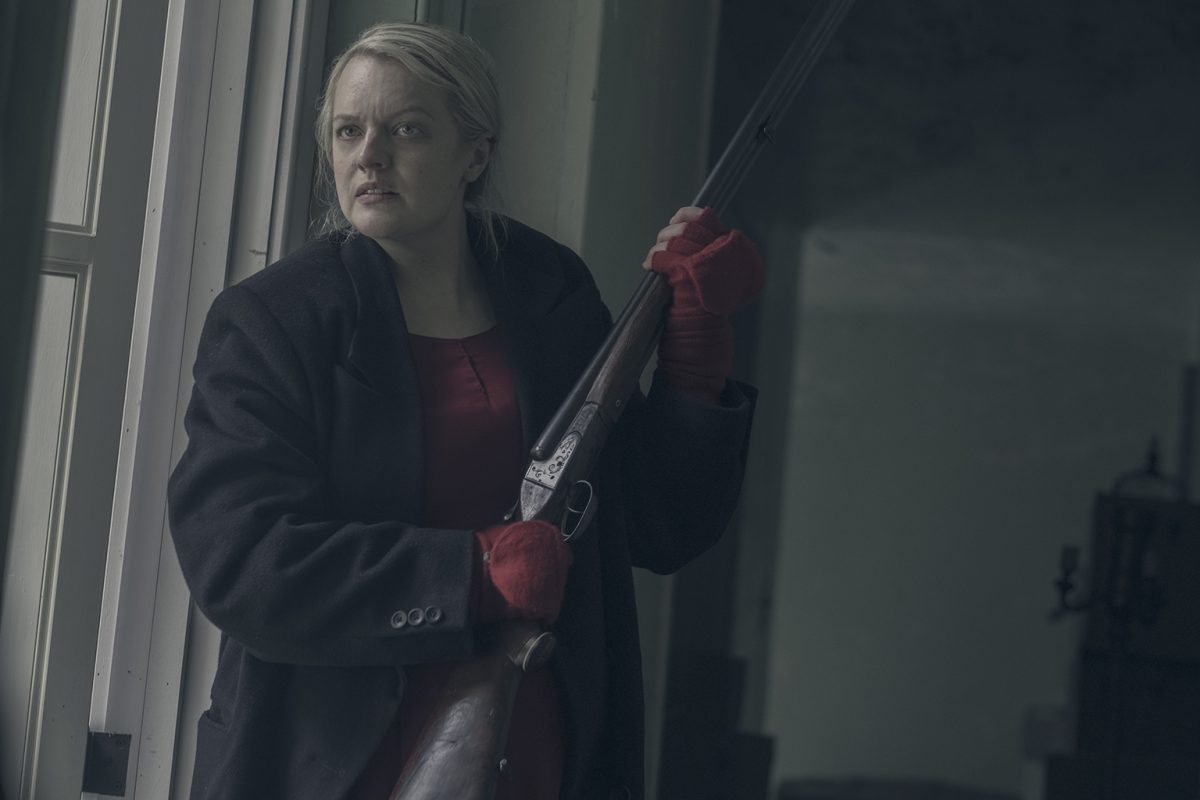
But for all the subtleties and heart-breaking cruelty that the series inherited from Atwood’s book, there was a conflict in the show’s first season that wasn’t about handmaids vs aunts, Offred vs Serena Joy or Mayday vs Gilead. This was an internal conflict, one where a show that was heralded as being important and painful and honest in how it portrayed the horrors of being a woman in today’s world also wanted to be a show where that woman rises up to smash the patriarchy and struts away down the street to the strains of ‘Feeling Good’ by Nina Simone.
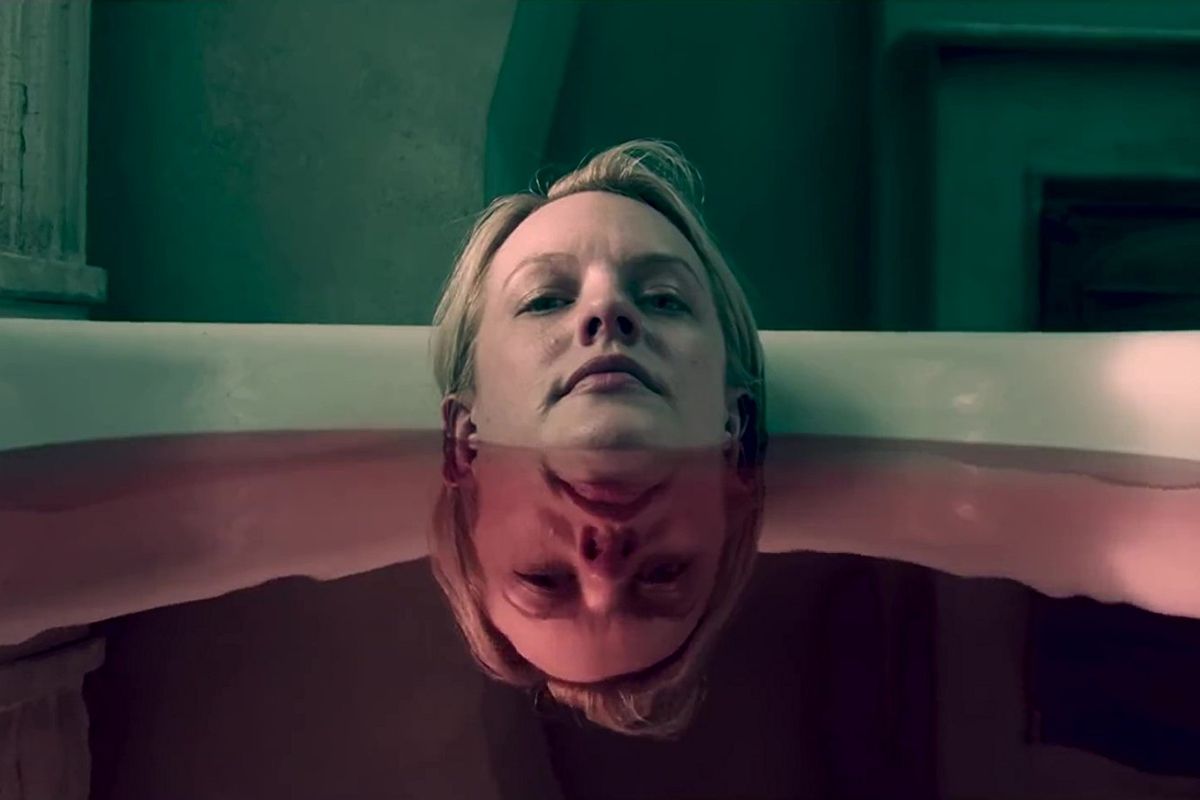
Such moments were rare in the first season, but when the show was renewed for a second season, it forged ahead without the guide rope of Atwood’s novel and without her prose to put into Elisabeth Moss’s mouth. Looking back over that second season, it’s anything but the disaster it could have been, but the mere hairline cracks of the first season have spread to the point that someone needs to fill them in or they’re going to break everything apart. Mainly, the show needs to decide if it’s the story of a bleak struggle against a realistically oppressive dystopia where the few victories are minor and personal, or the story of one woman fighting back against the oppressors, kicking ass and taking names.
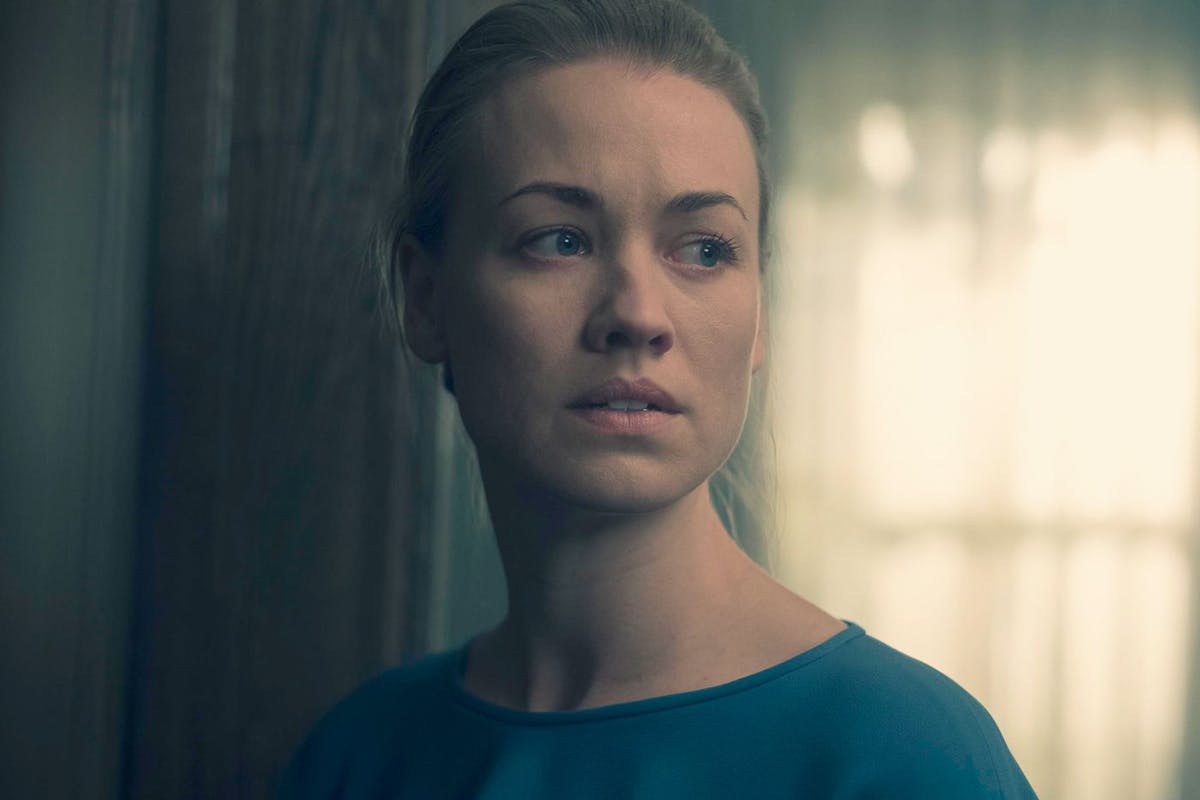
To me, both shows sound pretty great and like something I’d definitely watch, but they’re worlds apart. A show that burns the flesh of its women, stones them, tortures them, dismembers them and steals their children is one that needs to take extreme care with its tone of voice. It needs a clear purpose to the horror or it very quickly becomes exploitative. A scene where June gives up her baby, defiantly flips up her hood and strides away into the rain to ‘Burning Down The House’ has no place in that show.
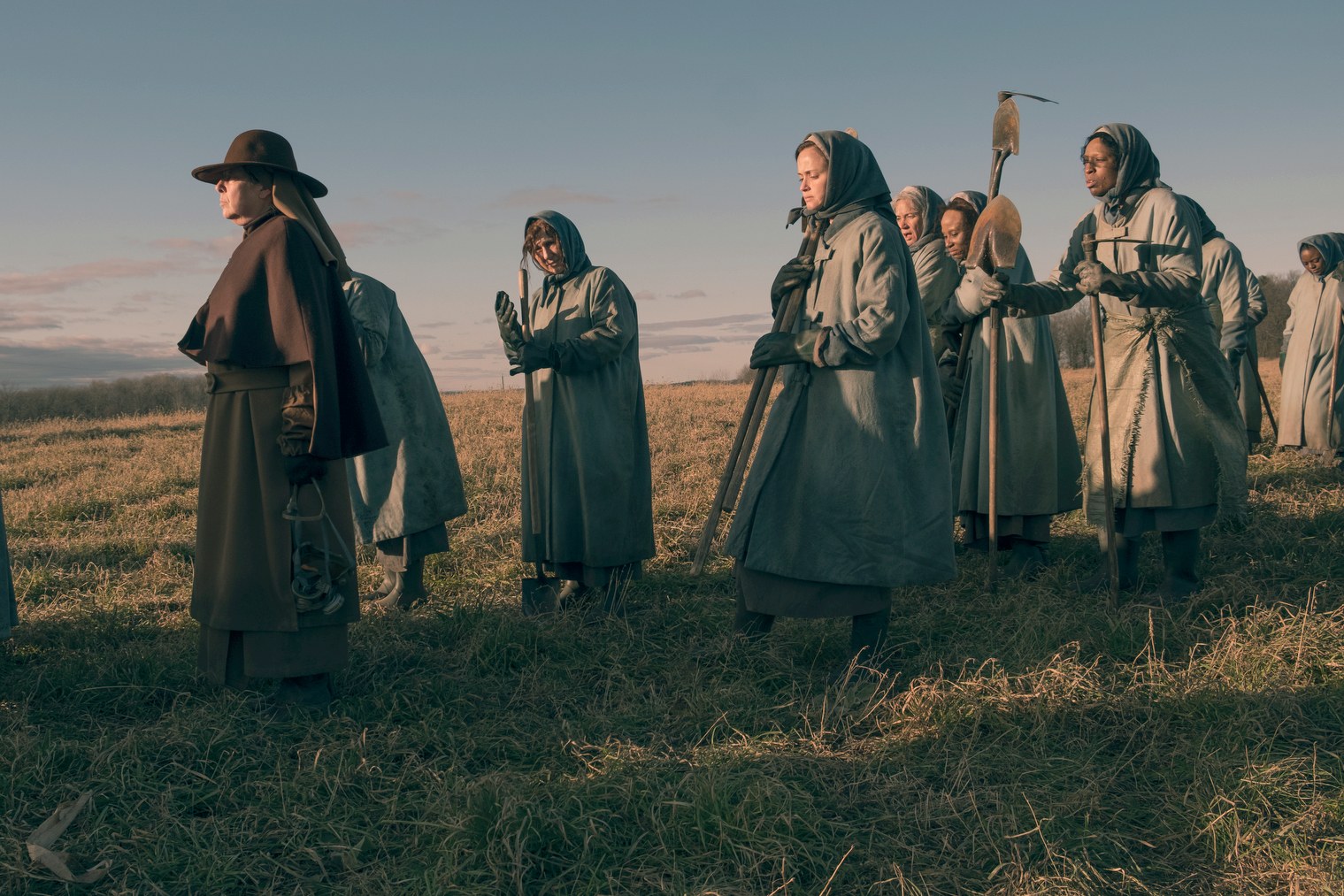
It’s understandable why these scenes end up in the show. A litany of horrors with few substantial victories is a lot for most people to take. But watch the news; that’s the world we live in. If The Handmaid’s Tale wants to reflect that, then commit to the pain and darkness of it. If it doesn’t, then it can become a satisfying riposte to it, the cathartic arse-kicking that we wish the bad guys would get in real life. But it can’t be both and the longer it tries, the wider the cracks will get.


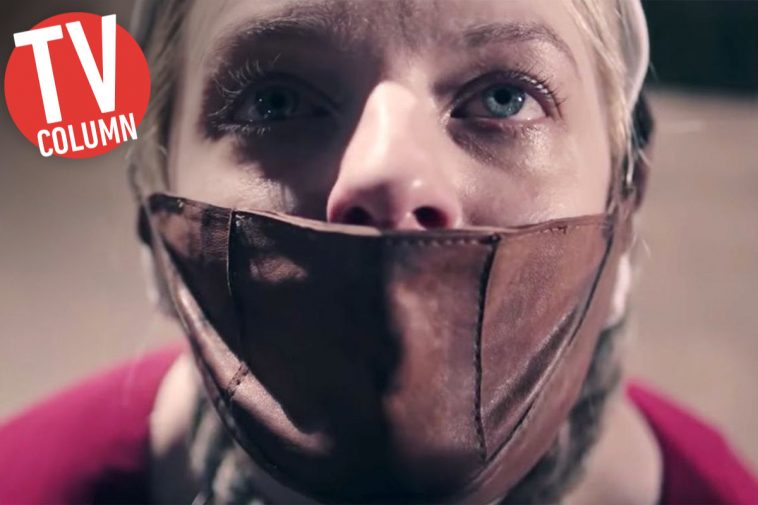
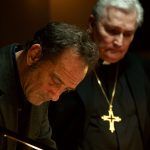




Leave a Comment